1600–1699 (A.D.) World History
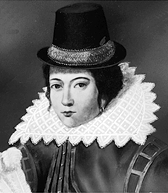 Pocahontas (c. 1595–1617) The Library of Congress Picture Collection 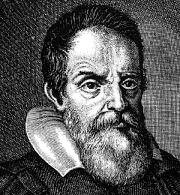 Galileo (1564–1642) 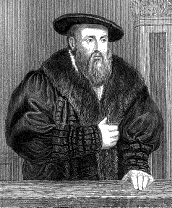 Johannes Kepler (1571–1630)  Taj Mahal The Library of Congress Picture Collection 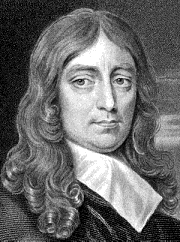 John Milton (1608–1674) |
- 1600
- Giordano Bruno burned as a heretic. English East India Company established.
- 1603
- Ieyasu rules Japan, moves capital to Edo (Tokyo). Shakespeare's Hamlet.
- 1605
- Cervantes's Don Quixote de la Mancha, the first modern novel.
- 1607
- Jamestown, Virginia, established—first permanent English colony on American mainland. Pocahantas, daughter of Chief Powhatan, saves life of John Smith.
- 1609
- Samuel de Champlain establishes French colony of Quebec. The Relation, the first newspaper, debuts in Germany.
- 1610
- Galileo sees the moons of Jupiter through his telescope.
- 1611
- Gustavus Adolphus elected King of Sweden. King James Version of the Bible published in England. Rubens paints his Descent from the Cross.
- 1614
- John Napier discovers logarithms.
- 1618
- Start of the Thirty Years war, Protestants revolt against Catholic oppression; Denmark, Sweden, and France will invade Germany in later phases of war. Kepler proposes last of three laws of planetary motion.
- 1619
- A Dutch ship brings the first African slaves to British North America.
- 1620
- Pilgrims, after three-month voyage in Mayflower, land at Plymouth Rock. Francis Bacon's Novum Organum.
- 1623
- New Netherland founded by Dutch West India Company.
- 1630
- Massachusetts Bay Colony.
- 1632
- Maryland founded by Lord Baltimore.
- 1633
- Inquisition forces Galileo (astronomer) to recant his belief in Copernican theory.
- 1642
- Englidsh Civil War. Cavaliers, supporters of Charles I, against Roundheads, parliamentary forces. Oliver Cromwell defeats Royalists (1646). Parliament demands reforms. Charles I offers concessions, brought to trial (1648), beheaded (1649). Cromwell becomes Lord Protector (1653). Rembrandt paints his Night Watch.
- 1643
- Taj Mahal completed.
- 1644
- End of Ming Dynasty in China—Manchus come to power. Descarte's Principles of Philosophy.
- 1648
- End of the Thirty Years' War. German population about half of what it was in 1618 because of war and pestilence.
- 1658
- Cromwell dies; son Richard resigns and Puritan government collapses.
- 1660
- English Parliament calls for the restoration of the monarchy; invites Charles II to return from France.
- 1661
- Charles II is crowned King of England. Louis XIV begins personal rule as absolute monarch; starts to build Versailles.
- 1664
- British take New Amsterdam from the Dutch. English limit “Nonconformity” with reestablished Anglican Church. Isaac Newton's experiments with gravity.
- 1665
- Great Plague in London kills 75,000.
- 1666
- Great Fire of London. Molière's Misanthrope.
- 1667
- Milton's Paradise Lost, widely considered the greatest epic poem in English.
- 1682
- Pennsylvania founded by William Penn.
- 1683
- War of European powers against the Turks (to 1699). Vienna withstands three-month Turkish siege; high point of Turkish advance in Europe.
- 1684
- Gottfried Wilhelm Leibniz's calculus published.
- 1685
- James II succeeds Charles II in England, calls for freedom of conscience (1687). Protestants fear restoration of Catholicism and demand “Glorious Revolution.” William of Orange invited to England and James II escapes to France (1688). William III and his wife, Mary, crowned. In France, Edict of Nantes of 1598, granting freedom of worship to Huguenots, is revoked by Louis XIV; thousands of Protestants flee.
- 1689
- Peter the Great becomes Czar of Russia—attempts to westernize nation and build Russia as a military power. Defeats Charles XII of Sweden at Poltava (1709). Beginning of the French and Indian wars (to 1763), campaigns in America linked to a series of wars between France and England for domination of Europe.
- 1690
- William III of England defeats former king James II and Irish rebels at Battle of the Boyne in Ireland.John Locke's Human Understanding.

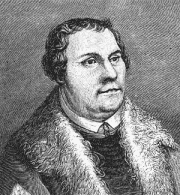
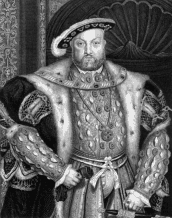
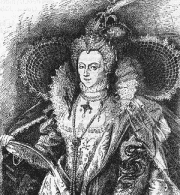
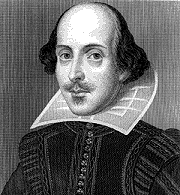
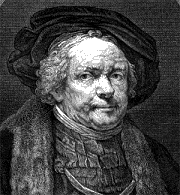
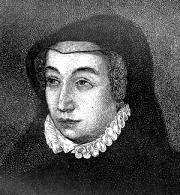
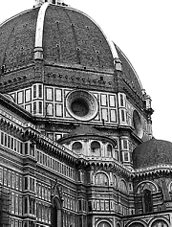
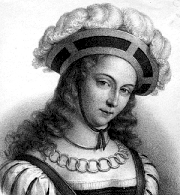
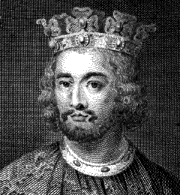

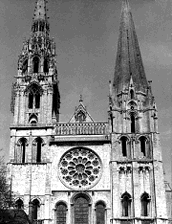

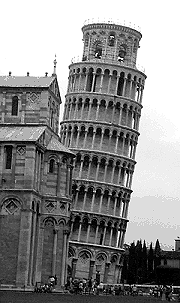
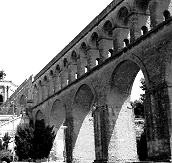
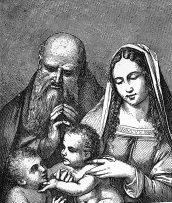

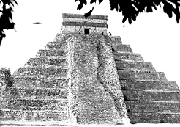
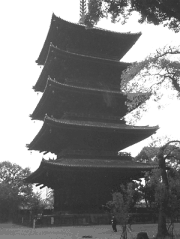
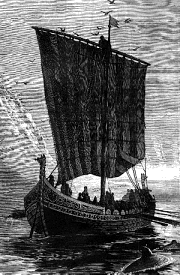
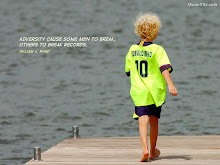

![Validate my Atom 1.0 feed [Valid Atom 1.0]](valid-atom.png)